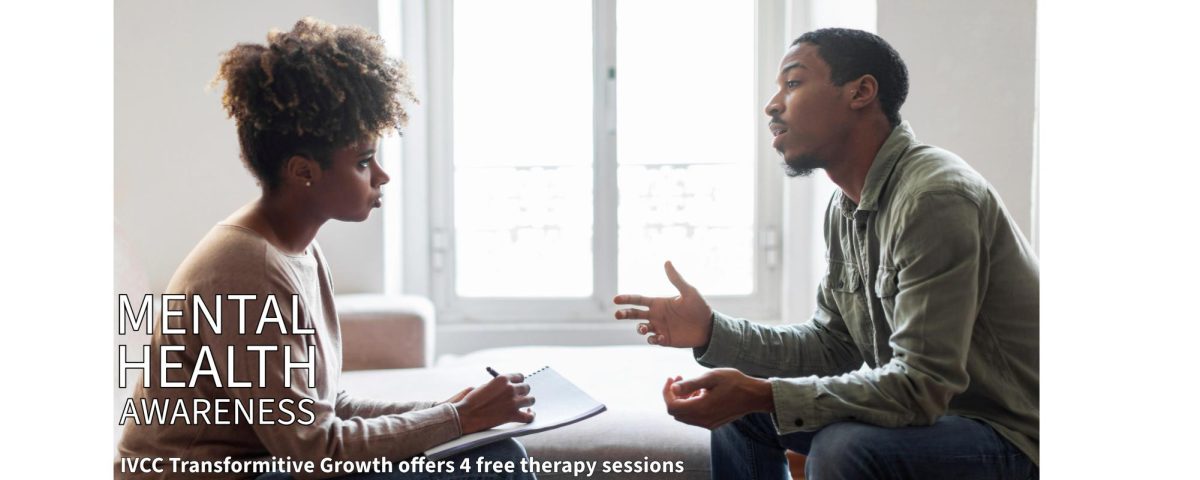Access to mental health care in America is scarce and it’s getting worse. Mental health is a prominent issue in the United States. According to the Substance Abuse and Mental Health Services Administration, more than one-fifth of adults in the U.S. had a mental illness in 2020. Despite the need for accessible mental health care, it remains out of reach for most of the population.
There are a few reasons for this disparity. For starters, there is a shortage of mental health professionals. According to the Association of American Medical Colleges, many states have less than forty percent of the mental health professionals needed to meet the needs of their population.
Without the right number of resources to help those with a mental illness, accessible mental health care is nearly impossible. It is so important that there are enough resources available for those in need.
For patients who are fortunate enough to have insurance that can provide coverage for mental health care, they often end up paying high out-of-pocket costs. They also might experience inadequate coverage. Insurance should not be a barrier to mental health care.
Some mental health professionals may not even accept patients’ insurance, due to low reimbursement rates. This blocks patients from accessing mental health care.
Mental health is a rising issue in America. There is a growing number of adolescents who are experiencing a mental health crisis. Furthermore, suicide rates in adolescents are also on the rise.
The youth in America need professional help and they don’t have ease of access to it. Making mental health care more accessible will not only save lives but will also improve quality of life among Americans.
There are a few ways that the U.S. government can go about improving this issue. They can create policies that expand insurance coverage and encourage the growing workforce among the mental health field.
It is important to remember that mental health is not taboo. Reaching out for help is not a sign of weakness. IVCC has resources for students. Transformative Growth is here on campus, and they offer four free therapy sessions. IVCC also has peer mentors to aid students as well. YOU@IVCC also has a plethora of articles to help students.
No one is alone and even if you cannot afford mental health care, there are lots of people in our community who are willing to help you. Hopefully, access to mental health care improves in the years to come.
https://www.aamcresearchinstitute.org/our-work/issue-brief/exploring-barriers-mental-health-care-us

